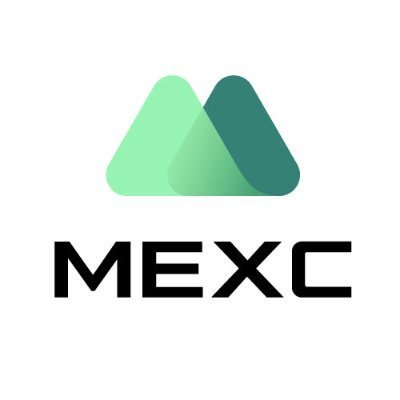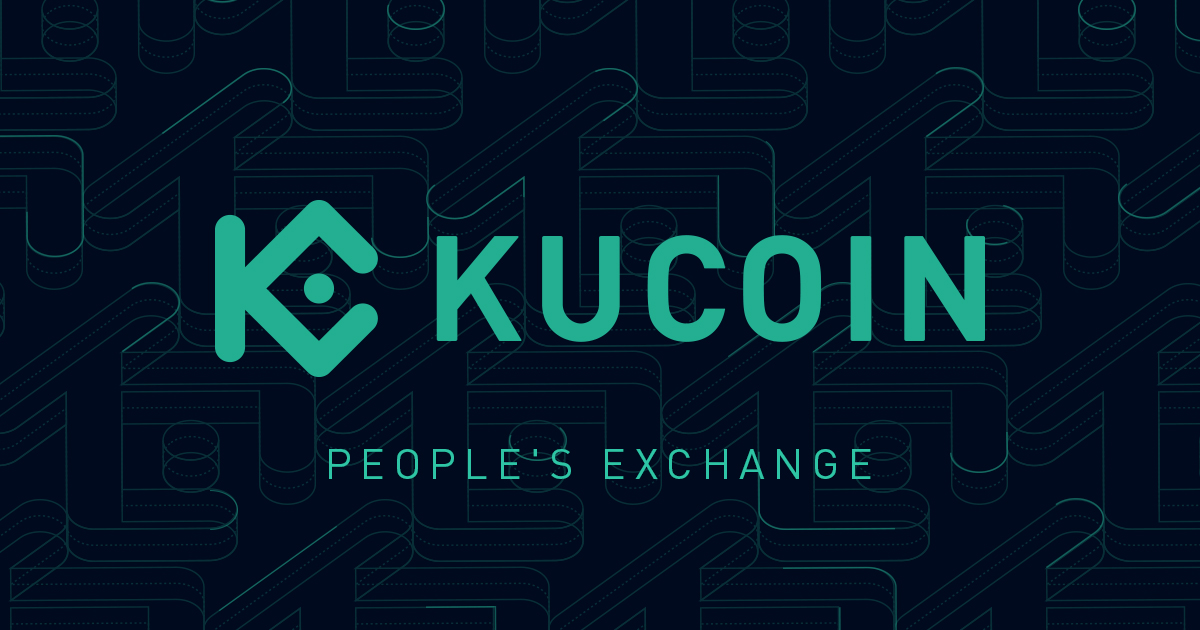As of December 2022, close to a quarter of the Australian population owns cryptocurrency, with Bitcoin being favoured.
Most of the volume is still driven by spot investments as they are safer and do not need to be kept an eye on.
But Australian traders have begun to look at Futures contracts as a way to flex their trading muscle and make quick profits by using leverage.
This article takes you through the different exchanges you can use as an Australian resident.
By the end, you will be able to choose the exchange you should use on a day-to-day basis to pay the least fees and get the best features.
The Current State Of crypto Futures Trading in Australia
The current state of crypto Futures trading in Australia is still evolving.
The Australian Securities and Investments Commission (ASIC) has issued guidelines for digital currency exchanges that operate in Australia to follow, which include strict Anti Money Laundering (AML) and Counter-Terrorism Financing (CTF) regulations.
The guidelines also require exchanges to have robust governance and risk management frameworks, and they are subject to regular audits to ensure compliance.
Currently, there are a few Australian-based platforms, such as BTC Markets and Independent Reserve, that offer crypto Futures trading, but their product offerings are limited compared to international platforms like BitMex, Bybit or Kraken.
Moreover, as the markets are evolving, many global exchange platforms have started to expand to the Australian market.
As crypto derivatives become more popular and mainstream, it’s likely that the Australian government will continue to closely monitor the industry and take steps to protect consumers while still allowing for innovation and growth.
Additionally, there are many other crypto-related projects happening in Australia, which suggests the crypto industry is still in a developing phase, and more crypto-related products will likely appear on the market.
It is important for traders to be aware that regulations and laws regarding crypto futures trading in Australia may change over time, so it is important to keep up to date with the latest developments and to consult with a legal professional if you have any questions.
Where To Trade Crypto Futures In Australia?
There are several platforms that offer cryptocurrency Futures trading in Australia. Some of the more popular ones include:
Bybit
Bybit is easily the top crypto Futures exchange in Australia primarily due to the low fees charged on opening and closing positions and the high leverage traders can use to maximize their profits. To know more about it, check out this comprehensive Bybit review.
MEXC
MEXC allows the highest amount of leverage for trading Bitcoin futures (125x) and also for other assets. You can trade more than 1,520 cryptocurrencies in 2,100 trading pairs.
Margex
Margex markets itself as the safest crypto exchange and allows you to trade without providing any KYC details to the exchange. All your funds are also protected by bank-like multi-level security on the exchange. As an extra step, all the user funds are stored offline in cold storage. To know more about the exchange, check out the Margex review.
Kucoin
Having more than 11 million users worldwide and up to 100x leverage on Bitcoin trading, Kucoin provides access to smaller coins that might not be available on bigger exchanges like Bybit. To know more about it, check this KuCoin review.
Before you start trading, it is important to note that trading on leverage can be risky, and you should only trade with money that you can afford to lose.
It is also important to thoroughly research and understand the platform you are using and the regulations in your jurisdiction before beginning any trading activities.
It is also worth noting that some of these exchanges might not be operating in the Australian Market and regulations might apply, check carefully before depositing any funds or signing up to any platform.
How To Choose The Best Exchange To Trade Crypto Futures?
There are a few things to consider when choosing an exchange to day trade crypto futures:
- Leverage
Depending on your style of trading, you should look at what amount of leverage the platform allows to its customers.
As a swing trader, you will require low leverage and have larger monetary positions while a day trader often requires high leverage and smaller positions.
- Trading volume
Always make sure to check the daily and monthly trading volume for the cryptocurrency pairs that you are looking to trade.
This is extremely important as it will determine if your limit orders get filled.
If you are trading with high volume, low liquidity will have an impact on slippage and make you lose out on money that you might not have planned for.
- Trading pairs
The crypto market always moves very fast, and having more trading pairs available on the platform of your choice is always a good thing. It will enable you to analyze, enter, and make money off of different trading pairs.
- Fees
This is one thing that can stack up very quickly if you take a lot of positions very quickly.
This is often the behaviour of day traders, and those are the ones that need to pay the most attention to this.
Fees can include the maker/taker fee and funding fee.
Some exchanges will provide you discounts if you are a regular trader, so keep an eye out for that.
- Fiat On-ramps
As you are trading from Australia, your platform of choice should allow you to deposit and withdraw Australian Dollars that you can use to trade.
This will help you save on foreign exchange costs or the fees to be paid to transfer crypto from one exchange to the one you want it on. Also, you can look out for exchanges that support P2P trading for easy fiat deposits and withdrawals.
- Security
If your assets are going to be on an exchange, then they better be safe on there.
Most exchanges realize this and put these details front and centre on their website to reassure customers like you. It is also a good idea to check the internet for any past breaches or hacks that have happened on it.
- Operating system
Depending on whether you like to trade from your desktop computer when you are at your desk or from your mobile when you are on the go, you should look for an exchange that provides you with the best tools to plan your set-up and take the best entries.
This way, you don’t have to run back to your computer every time you see a good set-up and can be anywhere with an internet connection to be able to take advantage of the markets.
- Jurisdiction and regulation
As crypto is a burgeoning market, there are new rules and regulations coming up from governments looking to regulate the space or ‘save investors’ from making highly speculative investments.
So this should be a big point in your checklist when you decide on your primary trading platform.
For example, Binance has had trouble with Australian regulators in the past, so this should dissuade you from the platform as it could be banned tomorrow, and then you have to do the extra effort of looking for another exchange, learning its ins and outs, and then transferring your funds there.
- Customer support
Sometimes things go wrong when you are trading, and in times like these, you would like to be able to speak to a person rather than get redirected to blog posts on the help page of the exchange.
For this reason, you should spend some time on websites like TrustPilot reading both the positive and negative reviews of the exchange’s customer support.
In a perfect world, you would never need their help, but as we know, this world is far from perfect.
- Market data
When your trading exchange supplies you with the latest market data within its confines, you will be able to analyze trends and price action quickly.
This will enable you to make better trading entries and hence more profits.
We all love profits, right?
- Different types of orders and contracts
As you get better at trading, your entries into trades get more precise and to keep them that way, you have to use different order types like Stop Market, Stop Limit, Limit, and Market orders when you can’t wait.
If you are one of these traders, browse the exchange to see that you have the option to use these orders when you need them.
- Physical and Cash-settled Futures
If your primary motive for trading Futures is to ‘stack sats’ or accumulate more Bitcoin, you will choose what is known as Physically settled Futures contracts.
To enter a position with this contract, you will use Bitcoin, and when you close the position, the profits are transferred to your account in Bitcoin.
This fulfils your purpose of stacking sats.
Otherwise, if you are in it just for the cold hard cash, you will opt for cash-settled Futures, which are the norm in the market.
Depending on how you want to settle contracts, you can choose your platform accordingly.
Conclusion
A large part of the pull of crypto Futures trading is that you can use leverage to maximize your earnings in a trade. If you take a trade without leverage vs if you take it at 10x leverage, your profits are multiplied by 10.
It goes without saying that your losses also get multiplied by 10 if the market decides to move against the direction of your position.
This endeavour is very risky and should only be gotten into if one has done proper research and is experienced in trading in the crypto markets or at least stock or foreign exchange trading.
As the trading world of crypto derivatives is prone to a lot of risks, ASIC recommends that Australian traders exclusively use platforms that carry an AFSL or AML certification.




